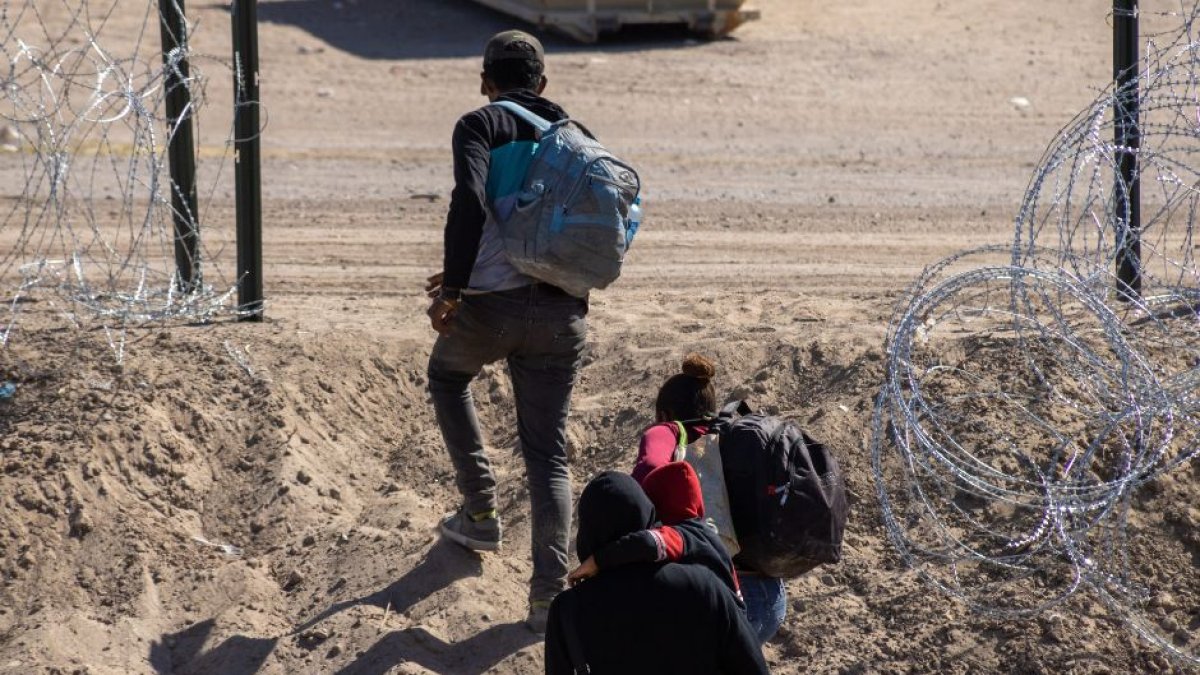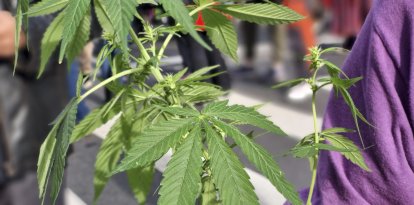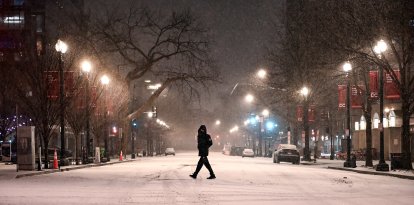Venezuelans are the fastest-growing Hispanic group in the U.S.
Between 2010 and 2021, the Venezuelan population increased 169%, from 240,000 to 640,000 citizens.

(Cordon Press)
Venezuelans are the fastest-growing Hispanic group in the United States. A study published by Pew Research showed that between 2010 and 2021, the Venezuelan population increased by 169%, jumping from 240,000 to 640,000 citizens.
"This was by far the fastest growth rate among Hispanic origin groups. Dominicans and Guatemalans had the next-fastest growth rates at 60% each," the recently released survey highlighted.
Similarly, the survey found that, in contrast, Mexicans, the largest Hispanic origin group in the country, had the slowest growth rate, at 13%. "However, the Mexican-origin population added a larger number of people than any other origin group – 4.3 million – from 2010 to 2021," the survey detailed.
In the last year, one of the biggest challenges facing the Biden administration has been the illegal arrival of hundreds of Venezuelans. These migrants cross several countries in Central America until they reach the United States. More than 7 million Venezuelans have left their country, making it the world's largest refugee group, even ahead of Ukrainians and Syrians fleeing war.
Crime, the humanitarian crisis and dictatorship are the reasons why Venezuelans are increasingly emigrating from their country. A report by HumVenezuela, picked up by Human Rights Watch, noted in March that "most Venezuelans face difficulties in accessing food, and that there are 10.9 million people undernourished or chronically hungry. Some 4.3 million are deprived of food, including going days without eating."
"The lack of access to basic services deepens the humanitarian crisis. Access to safe water and sanitation declined from 2021 to 2022, HumVenezuela reported, exposing nearly 4.4 million people to a pressing need for safe drinking water and sanitation. to 1.3 million to an urgent need for basic health services," per Human Rights Watch.
In November 2021, the prosecutor of the International Criminal Court (ICC), Karim Khan, opened an investigation into possible crimes against humanity in Venezuela. "Since 2020, the United Nations Fact-Finding Mission has identified sufficient grounds to believe that crimes against humanity have been committed as part of a state policy of repression of opponents," Human Rights Watch said.
More than 100,000 Venezuelans crossed the Darién Gap
Huma Rights Watch warned that there is no coordinated strategy to address the migration crisis in the region. "While many governments of neighboring countries took in Venezuelans, thousands were stranded in inadequate conditions or unable to obtain refugee status or other legal protection due to the absence of a coordinated regional strategy, forcing them to head north. A serious situation of xenophobia persists," the organization said.
Finally, it was pointed out that "new visa restrictions have prevented Venezuelans from taking flights to Mexico and Central American countries, significantly increasing the number of people crossing the dangerous jungle road of the Darién Gap, on the border between Colombia and Panama. More than 107,000 Venezuelans crossed the buffer between January and September, compared to about 1,500 during 2021. They face abhorrent abuses, including sexual violence."

























